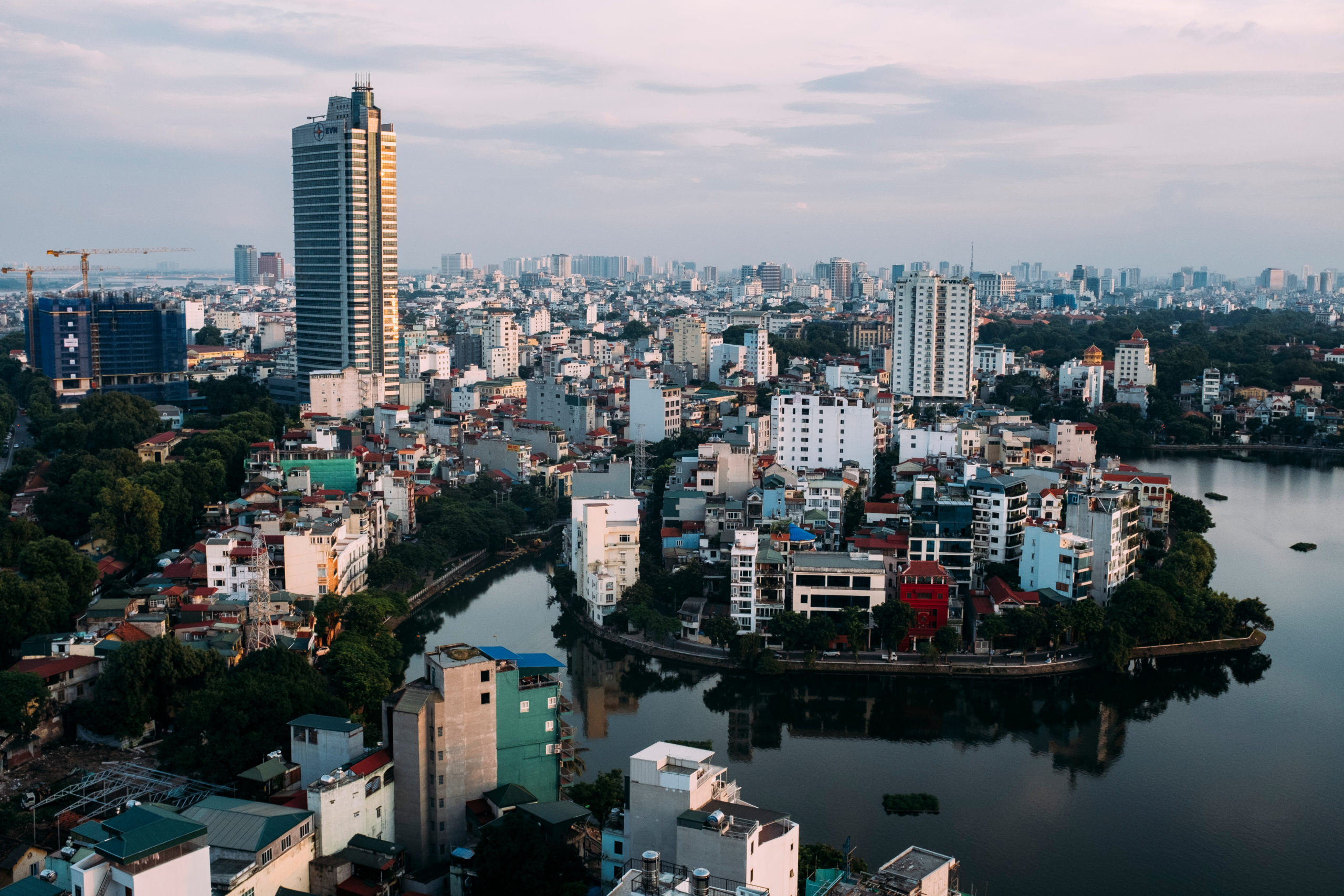Vietnam is currently negotiating a Free Trade Agreement with the European Union (EVFTA) as well as the Trans-Pacific Partnership with the United States (TPP). In addition, the ASEAN Economic Community will be established by the end of 2015. Thus, Vietnam will soon expect a significant increase in foreign investment, most of which will depend on the effectiveness of intellectual property protection and enforcement in Vietnam. In this context, Vietnamese enforcement agencies and the courts have been actively issuing decisions with harsh sanctions on the infringers serving as good precedents and clear warnings on future violations.
Administrative Relief Or Civil Proceeding?
However, it should be noted that presently in Vietnam, rights holders mainly seek administrative relief and border control measures before competent authorities such as the Ministry of Science and Technology Inspectorate or the Vietnam Intellectual Property Research Institute rather than pursuing lawsuits before civil courts. They view that administrative route would take less time and money compared with civil actions, taking into account the unclear legal basis of IP disputes and lack of experience of judges. The non-binding opinions of these administrative agencies could then be included in the customs record, which effectively prevent the physical entry of infringing goods at the border. However, administrative decisions only result in the fine and destruction of infringing goods without compensating for the rights holders or even payment of legal fees. As such, there has been a recent increase in litigation in courts in patent area for the past few years. With the agriculture accounts for the majority of Vietnam’s economy (80%), it is not a big surprise that the first majors patent suits took place in this area. In these cases, the courts have issued decisions in favor of the foreign agroscience companies, which would set precedents for future judgments.
Preliminary Injunctive Relief And Permanent Injunction
In civil proceedings, especially in IP area, it is sometimes importance to seek for injunctive relief. Preliminary injunctive relief has its legal basis in Articles 99-126 of the 2004 Civil Procedures Code as amended in 2011 and Articles 206-210 of the IP Law promulgated in 2005. Rights holders can request a preliminary injunctive relief if they can prove either of the following: (i) there is a threat of irreparable damage; or (ii) there is a threat of dispersal or destruction of suspected infringing goods and related evidence if they are not protected in time. The aim of injunctive relief measure is the protection of the rights holders pending the final decision of the courts. Typical preliminary injunctions are goods seizure, sealing/ freezing, prohibition on status/ ownership change/ transfer, and other measures specified in the Civil Procedure Code. However, for the courts to render an injunctive relief, rights holders are requested to pay a deposit of at least VND20 million as a security. The courts then still take great caution in applying such measure and there is no clear guidance for the court to return the deposit to the rights holders when they have concluded against the infringers. Thus, there lies a risk for rights holders when asking for preliminary injunctive relief.
While the use of preliminary injunctive relief has a clear legal basis in Vietnamese law, permanent injunction is not that case. What is normally stipulated is a cessation of the infringement but not the court order to never commit the infringement again in the future. However, it seems that the Ho Chi Minh City Court for the first time in a case initiated by a European agrochemical company against a pesticide producer in Ho Chi Minh City has ordered the infringer not to infringe the patent until the expiry date of the patent in question. This is a precedent-setting decision for future courts decisions in patent area.
Recent typical IP court litigations in Vietnam:
- Dispute between a major French cement company and a defendant in Vietnam on domain name
- Dispute between US-based Videojet Technologies Inc., and Nam Trinh JSC on trademark infringement
- Dispute between a major European agrochemical company and a pesticide producer in Ho Chi Minh City on patent infringement.
Conclusion
The developments in the IP rights enforcement system shown in the choice of civil proceedings as well as the favorable binding decisions of the courts of foreign parties are good signals for better IP environment in Vietnam. Vietnam is taking steps to assure foreign investors of effective IP rights protection when doing business in Vietnam, especially when the EVFTA and the TPP are concluded by this year.






